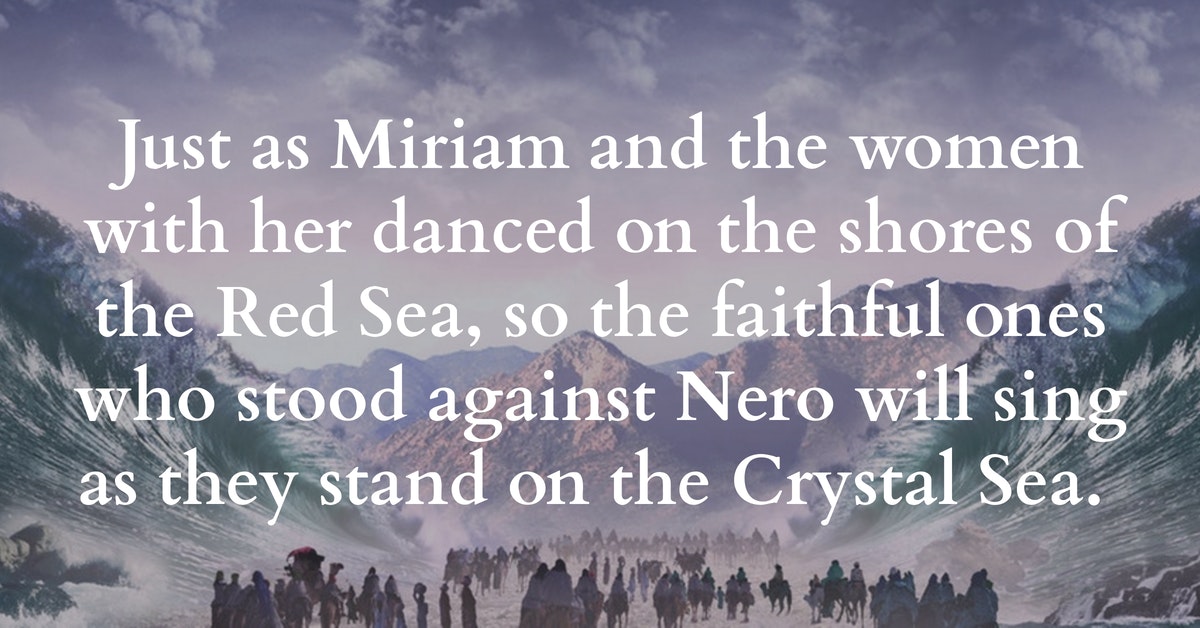“At thy right hand there are pleasures for evermore” (Ps. 16:11).
“And the second angel poured out his vial upon the sea; and it became as the blood of a dead man: and every living soul died in the sea” (Rev. 16:3).
As numerous commenters have pointed out, the second bowl of wrath is similar to the judgment that was delivered through the second trumpet. The difference has to do with the extent of the judgment. With the trumpet judgment, when the great mountain was pitched into the sea, a third of the sea became blood (Rev. 8:8). The judgment was partial. Here the judgment is complete. Not only did the sea in its entirety become blood, but it was like the blood of a dead man—putrefying, coagulated, and clotted.
This is still the final horror falling upon the Jews in revolt, and it is reminiscent of the plague that helped destroy Egypt—with Judea now being the new Egypt. In the first plague to afflict Egypt, the Nile turned to blood (Ex. 7:17-21).
A part of the fulfillment of this prediction by John may have happened at the Sea of Galilee, where Josephus recalls one encounter. Remember that this Sea was where Jesus often taught, and where many of His disciples had made their living.
“They were killed by the darts on the lake; and the Romans leaped out of their vessels, and destroyed a great many more upon the land: one might then see the lake all bloody, and full of dead bodies, for not one of them escaped. And a terrible stink, and a very sad sight there was on the following days over that country; for as for the shores, they were full of shipwrecks, and of dead bodies all swelled; and as the dead bodies were inflamed by the sun, and putrefied, they corrupted the air . . . (Wars, III.10.9, emphasis mine).
